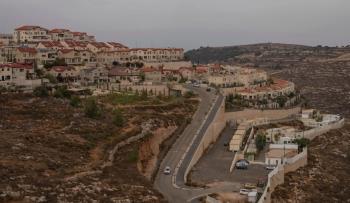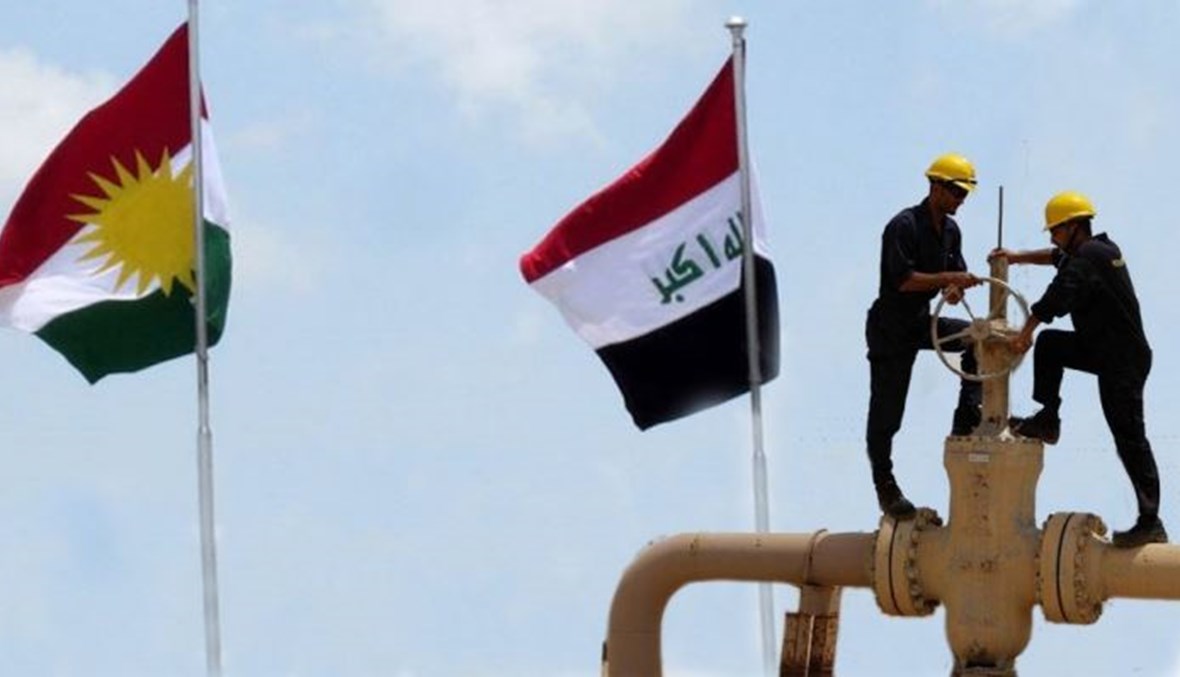Alwaght- The relations between Iraqi federal government and the Kurdistan Regional Government (KRG) over oil and the mutual charges over smuggling of this vital substance have gone frayed again. The fundamental differences over the management of the natural resources and fair distribution of wealth have their deep roots in years, but in recent years especially after assumption of power by Mohammed Shia al-Sudani they has elevated to new heights.
Despite several pushes to settle this dispute through political dialogue and various agreements, there is still no final way found and even the international authorities and Iraqi Supreme Court have stepped in the case. This, for its turn, has produced an atmosphere of distrust.
While some politicians accuse Kurdistan region of smuggling oil to foreign destinations, the demands for more precise watchdog and redefinition of relations between Baghdad and Erbil according to the constitution have been surging lately.
In this connection, Jassim al-Musawi, a representative of the State of Law coalition in the Iraqi parliament, criticized the ruling parties in the Kurdistan region in an interview with Al-Maloumah news website, saying: "These parties have confiscated more than half of the region's wealth for their own benefit." He added that these groups, despite enjoying a larger share of national revenues, always present themselves in the media as "victims."
Al-Musawi described PM al-Sudani's recent visit to Erbil as an important step, but emphasized that "the [Kurdistan] region has not adhered to its obligations to Baghdad for years." He called on the federal government to confront these "repeated violations" and called for "prioritizing national interests over partisan interests and avoiding political tensions that disrupt national dialogue."
Amid these disputes, the issue of the role of Kurdish parties in smuggling oil to the Israeli regime has also once again come to the attention of Iraqi politicians.
In this regard, Abdul Saleh al-Dulaimi, a member of the United Anbar Coalition, pointed out to the existence of a "complete operations room" for oil smuggling, accusing Massoud Barzani's party, Kurdistan Democratic Party (KDP)، of managing the largest land oil transportation network from the Kurdish provinces to Turkey and then to the Israeli regime and other countries in coordination with the National Unity Party (NUP).
According to him, this smuggling network uses special tankers that pass the checkpoints under the auspices of the NUP. Al-Dulaimi further claimed that KRG President Masrour Barzani has shifted the smuggling routes from Erbil to Suleimanya to steer clear of clashes with PKK-affilated groups that are seeking shares from these transit routes.
Failed past agreements
The oil dispute between Baghdad and Erbil dates back to the period after the fall of Saddam Hussein in 2003. At that time, the Kurdistan region began exporting oil independently, citing the new Iraqi constitution (adopted in 2005), which granted broad powers to different regions of Iraq. Article 112 of the Iraqi constitution had transferred the management of existing oil fields to the federal government, but there was ambiguity about new fields or those that had not been used before the constitution was adopted.
Kurdistan government, adopting its own interpretation of the constitution, signed independent contracts with foreign companies to explore and extract oil and managed the resulting revenues independently of Baghdad. This action was strongly opposed by the central government and became one of the main reasons for the tension between the two sides.
As these disputes continued, several interim agreements were signed between Baghdad and Erbil in the following years, but none were fully implemented. Here is a list of them:
2014 agreement: In this year, the government of PM Nouri al-Maliki and the Kurdistan government according to which Erbil was obliged to deliver 250,000 oil barrels to the central government and in return for 17 percent of federal government allocated to the region. Still, the political and financial disputes kept the agreement from full execution.
2018 agreement: After the economic crisis initiated by the dropping oil prices and fight against ISIS terrorist group, the two sides signed another agreement according to which Erbil went under obligation of exporting its oil through the federal government. But this agreement, too, run into difficulties due to Baghdad's decline to pay KRG's agree from the federal budget and Kurdish continuation of independent oil exports.
Al-Sudani's government and the new efforts for an agreement
With the coming to power of the government of Mohammed Shia al-Sudani in 2022, hopes for a resolution to the oil dispute increased. In one of his first moves, al-Sudani made visits to Erbil and stressed the need for cooperation between Baghdad and the Kurdistan region.
In February 2023, the two sides reached a preliminary agreement under which:
- Kurdistan Region oil exports would be carried out through the State Organization for Marketing of Oil (SOMO).
- Oil revenues would be deposited into the federal government treasury after deducting production costs.
- The Kurdistan region’s budget share would be paid regularly.
But this agreement also faced challenges in its way of implementation. Disagreements over the exact amount of oil production costs, financial transparency, and how revenues would be shared delayed the full implementation of the agreement.
Involvement of international authorities and Iraqi Supreme Court
As the stalemate in the negotiations prevailed, the case found its way to the home and international judicial authorities:
1. Supreme Court: In 2022, the court issued a ruling declaring all of the Kurdistan region’s oil contracts with foreign companies without coordination with the central government to be “illegal.” The ruling put a lot of pressure on Erbil, but the KRG continued to insist on its right to conclude independent oil contracts.
2. International Court of Arbitration: Turkey has also come under pressure for buying oil from the Kurdistan Region without consulting Baghdad. In 2023, the International Court of Arbitration ruled in favor of Baghdad in a case brought by the Iraqi government against Turkey, requiring Turkey to pay compensation to the Iraqi government. This ruling strengthened Baghdad's position in negotiations with Erbil.
The challenges ahead and the urgent need for fundamental solutions
Despite the efforts, the main obstacles ahead of an ultimate solution remain in place:
Mutual distrust: Years of disputes and broken promises have eroded the trust between Baghdad and Erbil.
Financial issues: Ongoing wrangling over the region’s cut of the national budget and lack of financial transparency continues to go unresolved.
Intervention by regional actors: Some neighboring countries, especially Turkey and the Israeli regime, are benefiting from Iraq’s oil disputes to advance their political and economic goals.
In summary, it can be concluded that the oil dispute between Baghdad and Erbil is a complex historical, political, and economic issue, the resolution of which takes serious resolve from both sides. Temporary agreements have been reached so far, but their failure to fully implement shows that without trust-building and financial transparency, this crisis will continue.
In the current situation, it looks that the only sustainable solution is serious dialogue mediated by international authorities and adherence to the Iraqi constitution. If the parties cannot reach a lasting deal, further tensions could seriously jeopardize Iraq’s political and economic stability.



























